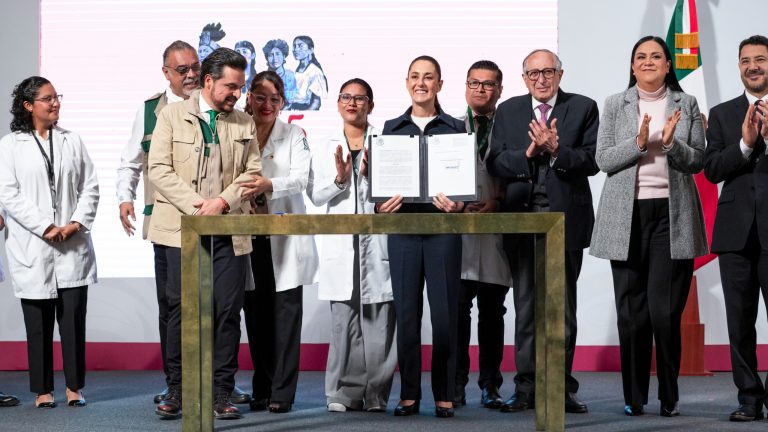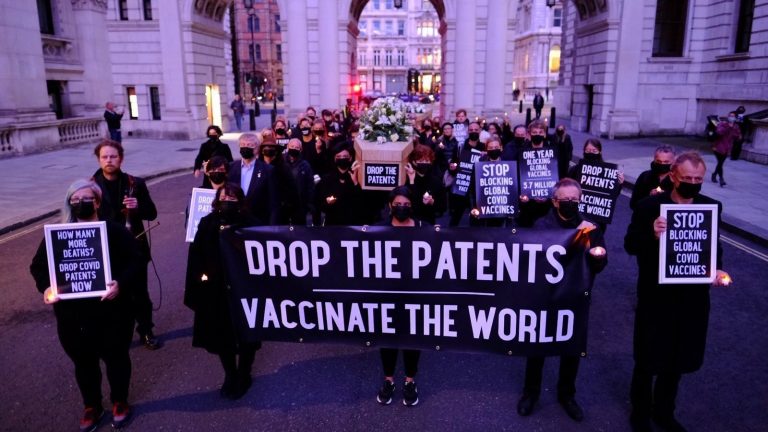Mexico Raises The Flag For Health Sovereignty
The first week of July could go down in history as a milestone in Mexico’s pursuit of health sovereignty. At a press conference held on Friday, July 4, President Claudia Sheinbaum, along with Health Secretary David Kershenobich and Alejandro Svarch, head of IMSS-Bienestar (a public agency providing healthcare services), announced an ambitious plan to boost domestic production of medicines and medical supplies, aiming to reduce the country’s reliance on imports.
The urgent need for such a policy shift was outlined during the mañanera – the daily press briefing hosted by Sheinbaum and her administration – recordings of which are available online.















